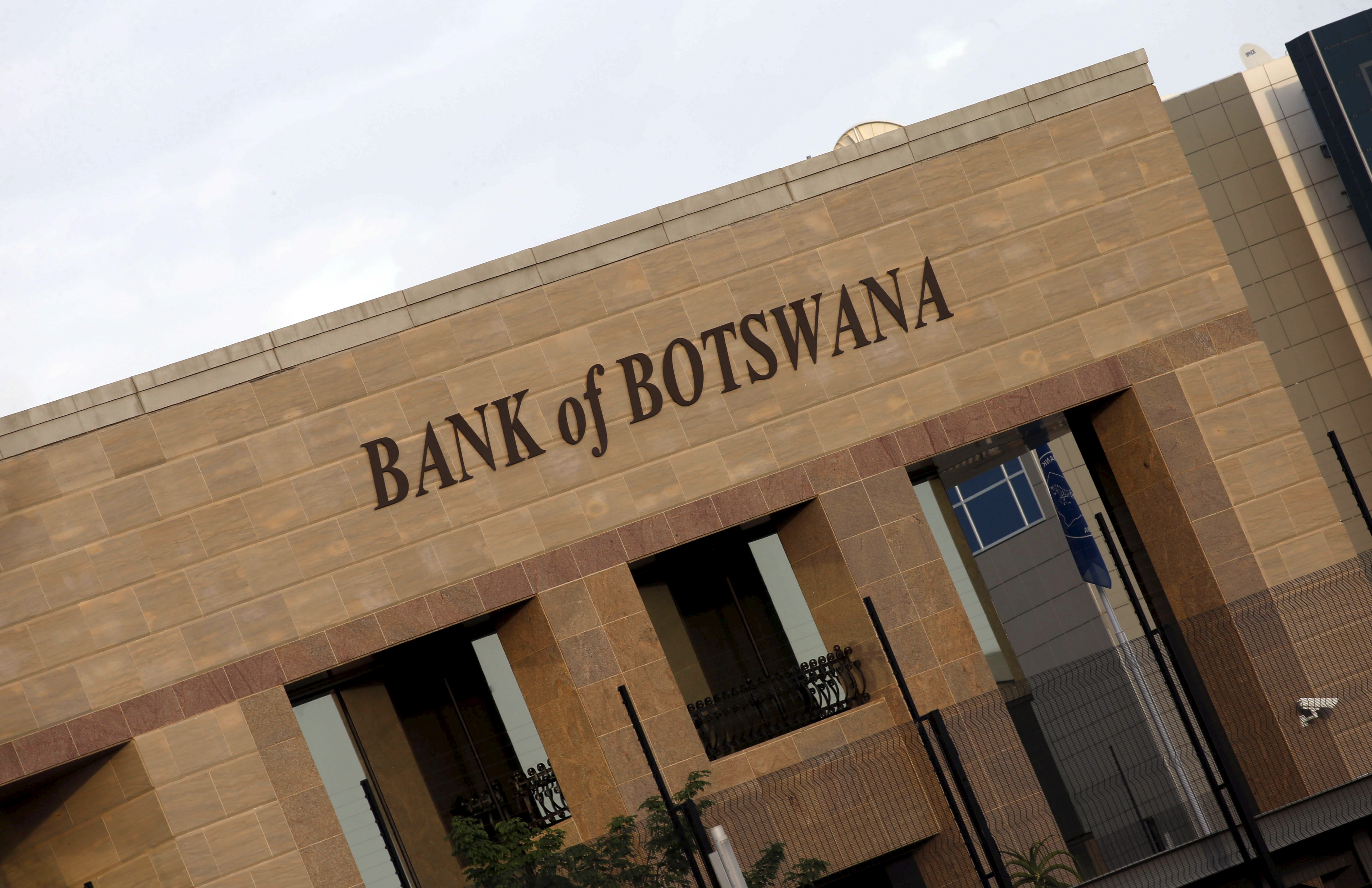Botswana central bank cuts interest rate by 25bps
The Monetary Policy Committee (MPC) of the Bank of Botswana on Thursday reduced the Monetary Policy Rate (MoPR) by 25 basis points from 2.15 percent to 1.9 percent. This decision was motivated by weaker-than-expected economic growth and subdued inflation.
Economic Downturn
The MPC noted that economic activity has contracted in recent quarters, primarily due to lower demand for mining exports, particularly diamonds. This has negatively impacted government spending and overall economic performance.
“Since the last MPC meeting, data released by Statistics Botswana shows weaker growth than previously forecast due to factors that include the impact of lower external demand for mining sector production (especially diamonds) and weaker performance of the non-mining sectors.” MPC statement read.
“This has led to reduced export earnings, especially from diamond sales, which is likely to constrain government spending and its impact on economic activity.”
Botswana’s real gross domestic product (GDP) fell by 5.3 percent in the first quarter of 2024, compared to a growth of 5.3 percent in the same quarter in 2023.
The MPC said the economic activity remained restrained in the second quarter of 2024.
Inflation Outlook
Headline inflation in July 2024 was 3.7 per cent. The MPC forecasts inflation to remain low in the medium term, averaging 3 per cent in 2024, 3.2 per cent in 2025, and 4.7 per cent in 2026. However, there are risks to this outlook, including potential increases in international commodity prices, supply chain disruptions, and higher administered prices.
“… the MPC observes that inflation could be higher than projected if international commodity prices increase beyond current forecasts, if supply and logistical constraints persist and geoeconomic fragmentation escalates.”
“… inflation may be heightened by possible upward adjustment in prices controlled by government (administered prices) that are not factored in the current projection and any increase in domestic food prices due to the prevailing El Niño induced drought conditions in Southern Africa. However, these upward risks are offset by likelihood of continued weaker domestic and global economic activity, as well as any decrease in international commodity prices.”
Monetary Policy Easing
Despite the government’s efforts to stimulate non-mining sectors, the MPC believes that the economy will continue to operate below capacity in the medium term. As a result, inflation is expected to remain low and within the target range.
“The MPC notes that despite the commitment by government to stimulate non-mining sectors through potential growth-enhancing economic transformation reforms, initiatives and supportive macroeconomic policies, the prospects for significant economic growth are still not visible.”
“Therefore, the MPC projects that the economy will continue to operate below full capacity into the medium term and should not generate demand-driven inflationary pressures.”
Given the current economic conditions and the outlook for both domestic and international economic activity, the MPC decided to ease monetary policy by reducing the MoPR. This reduction will impact interest rates on various central bank operations, including the Standing Deposit Facility (SDF) and Standing Credit Facility (SCF) rates.
Attribution: Bank of Botswana statement


